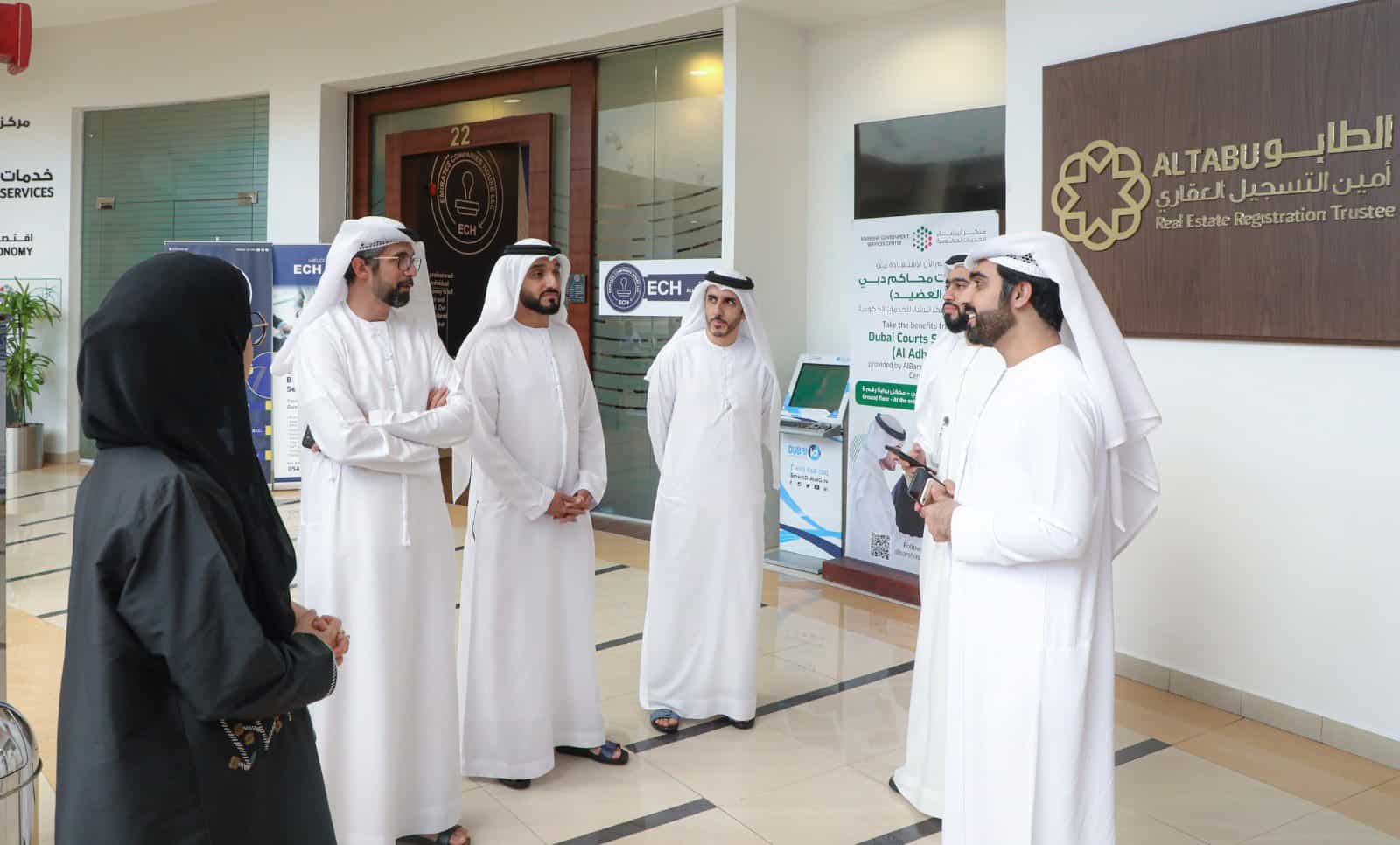DUBAI, UAE — Dubai has long been regarded as a prime location for real estate investment, and 2023 will be no different. With its thriving real estate market, dynamic economy, favorable government policies, and robust infrastructure, the city continues to attract both local and international investors.
Although the market suffered during the pandemic, there were visible signs of recovery in the first half of 2022. However, with the global economic crisis and high inflation rates in most countries, the question today is whether real estate is a good investment compared to other options such as stock markets or gold.
Current market conditions suggest investing in real estate assets is a good time, particularly in the beachfront destinations. These destinations are likely to represent a major growth driver for the UAE’s prime real estate sector in 2023, and there are no signs that this trend will decrease over the coming years.
According to Niall Mc Loughlin, Senior Vice President of Corporate Communications at DAMAC Properties, the location of the properties remains perennially desirable, and real estate values in coastal areas increased faster than the overall Dubai property market last year.
Despite the high global inflation, Loughlin does not believe that global inflation will have a significant impact on the Dubai real estate market, as nearly 70 percent of real estate transactions in the UAE are carried out in cash.
“As such, the rising interest rate will be marginal on the market,” he told TRENDS.
“Real estate is always an excellent hedge against things like inflation,” according to Faisal Durrani, Partner, Head of Middle East Research at Knight Frank.
“UAE inflation levels recorded about 4.3 percent in March. So, if we’re forecasting residential growth between 5 and 7 percent, it’s higher than inflation. And if we’re talking about the prime residential market, it’s about 13.5 percent, which is definitely above inflation. So, real estate remains a much stronger hedge against inflation, particularly now, and it’s definitely a safe haven alongside things like gold, for example,” he said.

Benefits of investing in real estate
There are many benefits of investing in real estate. “With appropriately chosen assets, investors can benefit from consistent cash flow, good returns, tax advantages, diversification, and it’s also possible to use real estate to build wealth,” says Will McKintosh, Senior Director and Head of Residential and Investment, MENA at JLL, adding that real estate is a tangible asset, thus when compared to intangible investments such as stocks, it provides a greater sense of security. Finally, real estate has the potential to appreciate in value over time, resulting in a sizable return on investment.
For his part, Loughlin considers that real estate, stocks, gold, and funds are all different asset classes that come with their own benefits and risks. However, real estate has traditionally been considered a stable investment option with potential long-term returns, particularly in terms of rental income and property appreciation.
“Since Dubai has been established as a sought-after city and attracted investors from across the globe, it has become the ideal opportunity to consider investing in Dubai’s real estate market, which offers various benefits to investors, including high ROI of up to 10 percent alongside the free property tax, all of which make the market appealing to investors”, he added.
On the other hand, the lack of supply in the real estate sector in the near future is showing more promising signs of a stable investment than others, Laura Adams, Director of Sales at Provident Estate told TRENDS.
“Last year, residential prices in Dubai as a whole increased by nearly 9.5 percent or 10 percent, but we expect it to increase by 5 to 7 percent this year, indicating a slowdown,” Durrani says.
He sees these numbers as a good sign. “It’s more sustainable to have it growing at a more moderate rate rather than double-digit growth,” he added, “and it also gives investors a bit of confidence that the market is growing at a more stable rate.”
According to Knight Frank’s most recent report, annual growth will moderate to 13.5 percent in 2023, maintaining the highest growth rate for prime markets globally.
However, the fundamentals remain unchanged, and a return to steady and sustainable growth will reassure homeowners and investors alike. Overall, prices in the city are still 21.4 percent lower than when they peaked in 2014.
Furthermore, the report stated that cash buyers are rising, accounting for roughly 80 percent of the total transaction value. Therefore, rising interest rates will undoubtedly affect mortgage buyers in the mainstream market.
However, with cash buyers dominating Dubai’s luxury residential market, it’s unlikely that demand will fall, despite the UAE’s long-standing policy of mirroring US fiscal policy.
“Regarding prices, Dubai remains undervalued compared to the rest of the world, with higher yields than most other global cities,” McKintosh noted.
According to him, economic challenges in other countries drive buyers to Dubai. “A combination of a relatively lower inflation rate than the West, a stable economy, and strong business conditions (backed by enticing government initiatives) are driving investor sentiment on an upward trajectory. This is why many people see it as a safe haven to turn to when times are challenging. In addition, the fact that investors can relocate their businesses here and benefit from tax breaks makes it an extremely appealing proposition,” he added.








